In 2020, attendance was soaring at Emerywood Baptist Church in High Point, North Carolina. Giving was steady. The church was getting ready to send more than 25 people on a mission trip.
Then came the COVID-19 pandemic.
And then — just as Emerywood had canceled all its plans and adjusted to outdoor worship to slow the spread of the virus — came the murder of George Floyd and the summer’s mass protests against racial violence.
As the Black senior minister of a predominantly white Southern church with an address on Country Club Lane, Timothy Peoples said, he told his congregation, “You can’t call me ‘pastor’ and ‘n—–‘ at the same time.”
In the middle of it all, the minister said, he had a breakdown.
Your tax-deductible gift helps our journalists report the truth and hold Christian leaders and organizations accountable. Give a gift of $30 or more to The Roys Report this month, and you will receive a copy of “Hurt and Healed by the Church” by Ryan George. To donate, click here.
Peoples isn’t the only clergyperson to face challenges pastoring through the pandemic, according to the results of the #PandemicPastoring report released Thursday by researcher Eileen Campbell-Reed.
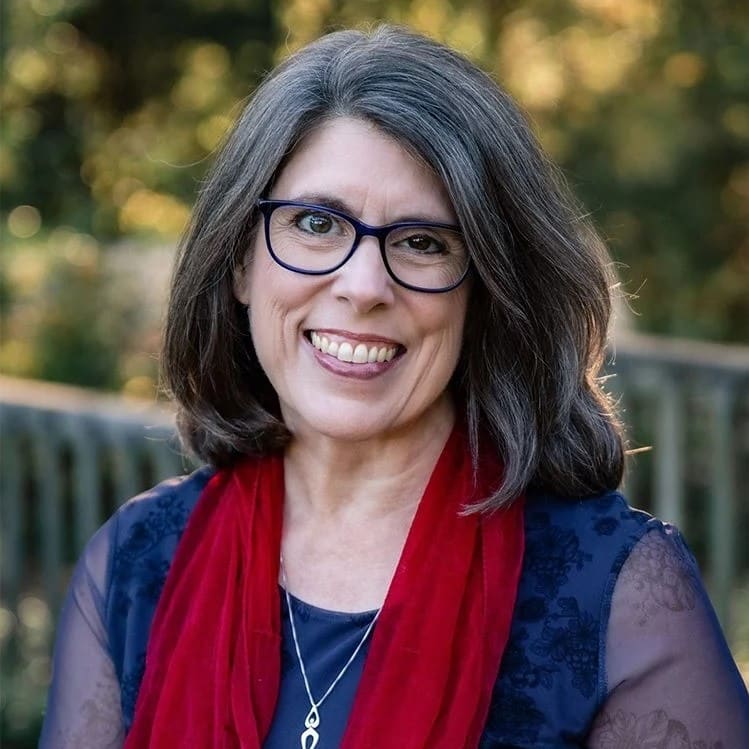
Campbell-Reed, visiting associate professor of pastoral theology and care at Union Theological Seminary in New York City and creator of the “Three Minute Ministry Mentor” podcast and video blog, surveyed more than 100 Christian pastors, chaplains, campus ministers and lay leaders from more than 20 denominations between June 2020 and April 2022.
Participants included clergy she had been following for more than a decade as part of the Learning Pastoral Imagination Project, as well as ministry and lay leaders from Austin Presbyterian Theological Seminary and the Cooperative Baptist Fellowship’s Helping Pastors Thrive initiative.
As the COVID-19 pandemic stretched from that first spring into summer, Campbell-Reed said, she realized its impact on ministry wasn’t going to be short-lived. At the same time, ministry leaders were steering their congregations through pressing issues of racism, gender inequity and increasing partisan divisions.
She wanted to learn how these “multiple pandemics” were changing the jobs — and lives — of pastors and other ministry leaders.
“I think we have indeed entered into a new era of ministry,” Campbell-Reed said Thursday, announcing the findings of her report in a webinar hosted by Good Faith Media.
“I didn’t really know that until I delved deeply into this data.”
Campbell-Reed was joined in the webinar by Peoples and other clergy from the Cooperative Baptist Fellowship, Christian Church (Disciples of Christ), African Methodist Episcopal Church and Presbyterian Church (USA). None of the clergy in the webinar were participants in the #PandemicPastoring report’s surveys and interviews.
They shared their experiences of pandemic pastoring — like the Rev. Sarah McClelland-Brown, who now pastors First Presbyterian Church of Warner Robins, Georgia.
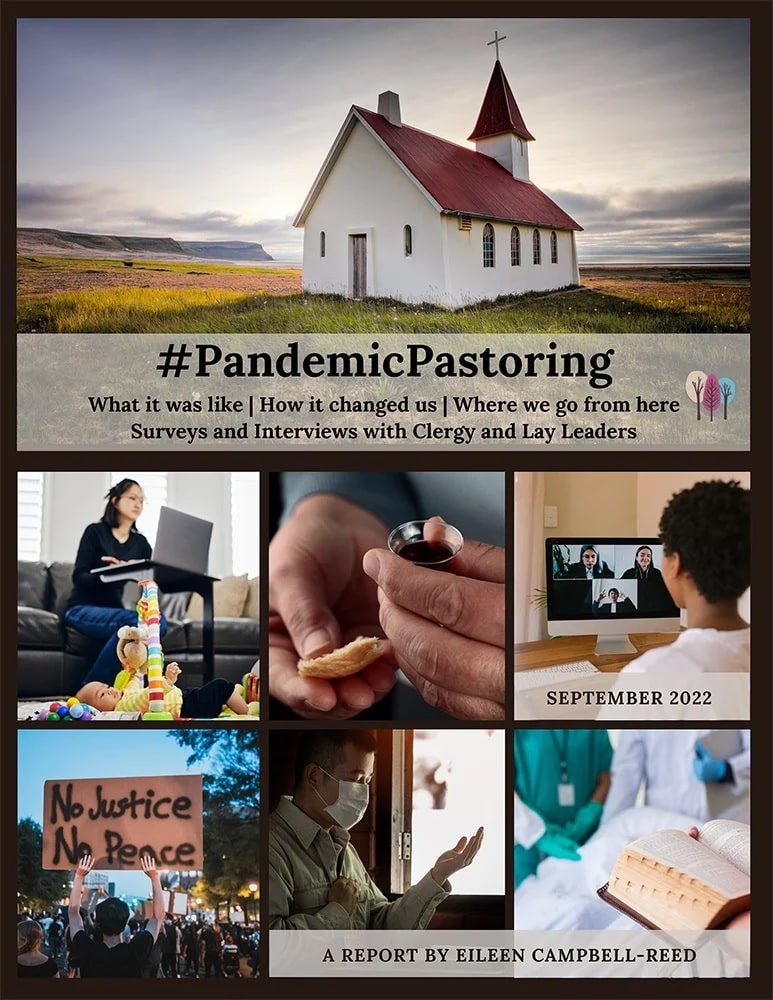
McClelland-Brown said she left her small, rural Disciples of Christ congregation in 2020 when members wanted her to return to preaching in person. She was pregnant with her second child at the time.
Among some of the challenges clergy identified in the #PandemicPastoring report were relationships and leadership concerns like burnout, figuring out how to lead in unprecedented times and minimizing harm to others.
Other concerns evolved as the pandemic wore on, Campbell-Reed noted. In summer 2020, it was about adapting quickly to online or outdoor worship and speaking out on racial justice issues. By the next summer and fall, it was coping with grief and managing conflict within their congregations.
The last few years brought moments of surprise and delight, too. Some clergy named stronger relationships — both with other people and with God. Some pointed out their congregations’ creativity and ability to adapt to new ways of worshipping together.
Most surprising to Campbell-Brown was the resiliency of pastors, she said.
While the difficulties of the pandemic drove Peoples to a breakdown, members of his congregation picked him back up again. They gave him some time off, then gathered around his desk when he returned and told him this was work they had to do together, not work he had to do alone.
“I’ve said over and over. The pandemic shutdown was actually really good for us,” he said.

While it led some to leave his church, it created space for others to be vulnerable, to share their experiences, to confront their privileges and to take action.
“We finally took on hard discussions and challenges that we had been putting off for so long,” Peoples said.
The #PandemicPastoring report isn’t the only recent research to find reason to hope after years of pandemic.
Several surveys by the Evangelical Council for Financial Accountability show that some church leaders saw growth in their congregations despite the prevalence of COVID-19.
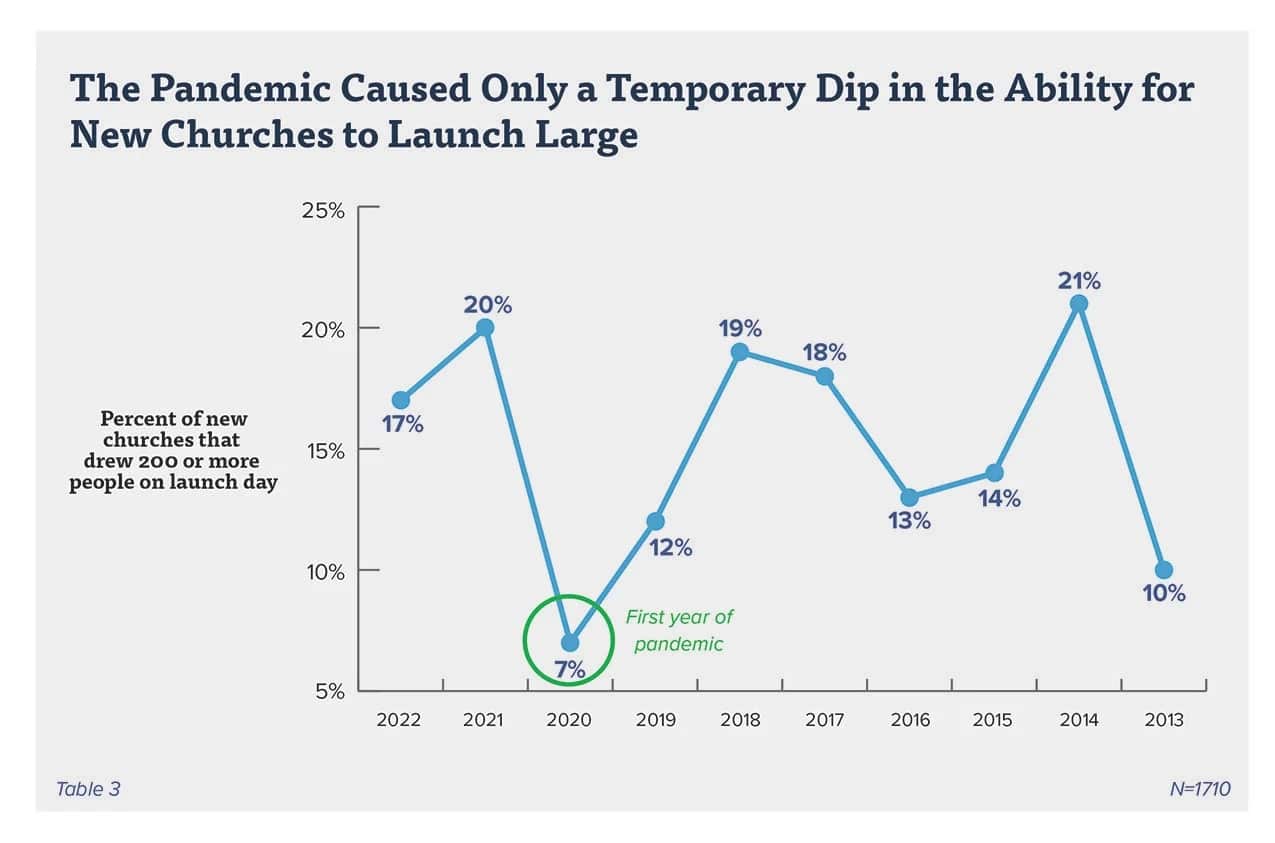
A survey earlier this year by ECFA of 1,710 North American founding pastors and church leaders concluded that while only 7% of new churches drew 200 or more people on their launch day in 2020, that number rebounded to 20% in 2021. That compared with 12% in 2019 and 19% in 2018.
A separate survey of 151 multisite directors or campus pastors shows that about two-thirds, or 64%, said they were part of a congregation that launched a new campus between 2019 and 2022.
“I’m part of a church that did that,” said Warren Bird, ECFA senior vice president of research, at a separate webinar on church planting in the COVID-19 era on Tuesday. “It was exciting. It was one more way to reach out during the pandemic and to see spiritual fruit happen.”
Emily McFarlan Miller and Adelle M. Banks are national reporters for Religion News Service.





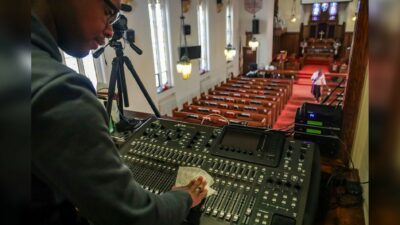

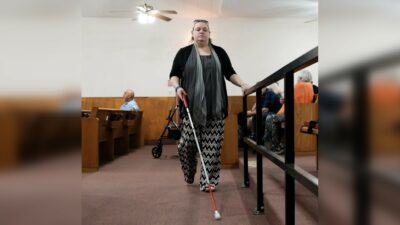




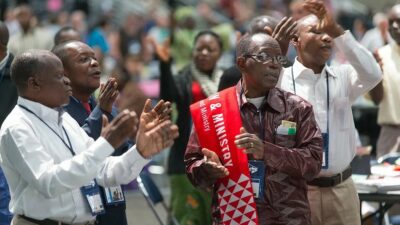
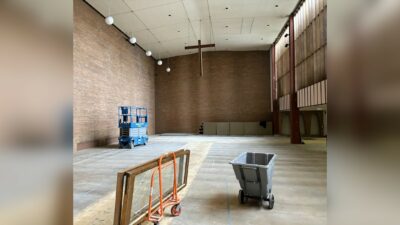






7 Responses
So glad to hear that Peoples had the support and response he did.
My pastor had a breakdown and tried to change the church to fix himself. Most of us left.
I have pastored churches in the deep south for the last 8 years, and I have not once heard any church member use the N word. So I ask if someone in his congregation actually used it.
I really, really, hope he didn’t say that from the pulpit.
It’s a murky set of ethical choices every Sunday, how much of ourselves we offer up in ministry, and how much we set ourselves aside and make room for God (give me a grain of salt, I know that’s a poor way to phrase that). We don’t get show notes from the Holy Spirit every week.
But unless, there’s an active racism movement in his church, I feel like that was tragic error of judgment from someone lost in their own moment instead of the role of priest, called by God and affirmed by the people of God.
And of course, grace. I’m not there, and the particulars probably don’t translate well to a news item. Its a difficult thing to know how to merge yourself into the work of God in church leadership.
Mark,
Just because you have not experienced it does not mean it doesn’t happen, or that others who have experienced it are not credible. You are a data point of ONE person. You cannot speak to everyone else’s experience.
That is the same gaslighting technique used to defend narcissists, abusers, and bullies. “He’s always been so kind to ME” does not mean that someone who has a different experience is lying.
Because you’ve never heard anyone use it in church for 8 years, you don’t think he’s telling the truth? Unbelievable…
He may have been using the phrase figuratively. I remember my white pastor sharing, at the time, how virtually all the black pastors he associated with had the same visceral reaction to the Floyd murder. Even those black pastors who worked as partners and close personal friends saw this as much bigger than the specific event and felt it very deeply and personally. I vividly remember my pastor humbly admitting from the pulpit that maybe there’s something we’re missing here as white people. And no, my church/ pastor is not in any way a theological progressive.
Where I am clergy were permitted to make home pastoral visits during the house arrest period (ironically euphemised in that jail management term ‘lock-down’), as were members of a religious order.
My first response was to plan out the roster of clergy visits to members and contact them to see if they wanted the clergy to visit.
Then we appointed all senior volunteers (home group convenors, ministry coordinators, etc…we don’t use the absurd word ‘leader’) to the ‘Order of Servants’. We put this in to our ministry policy so they instantly became ‘religious’ and could also visit too.
Job done!